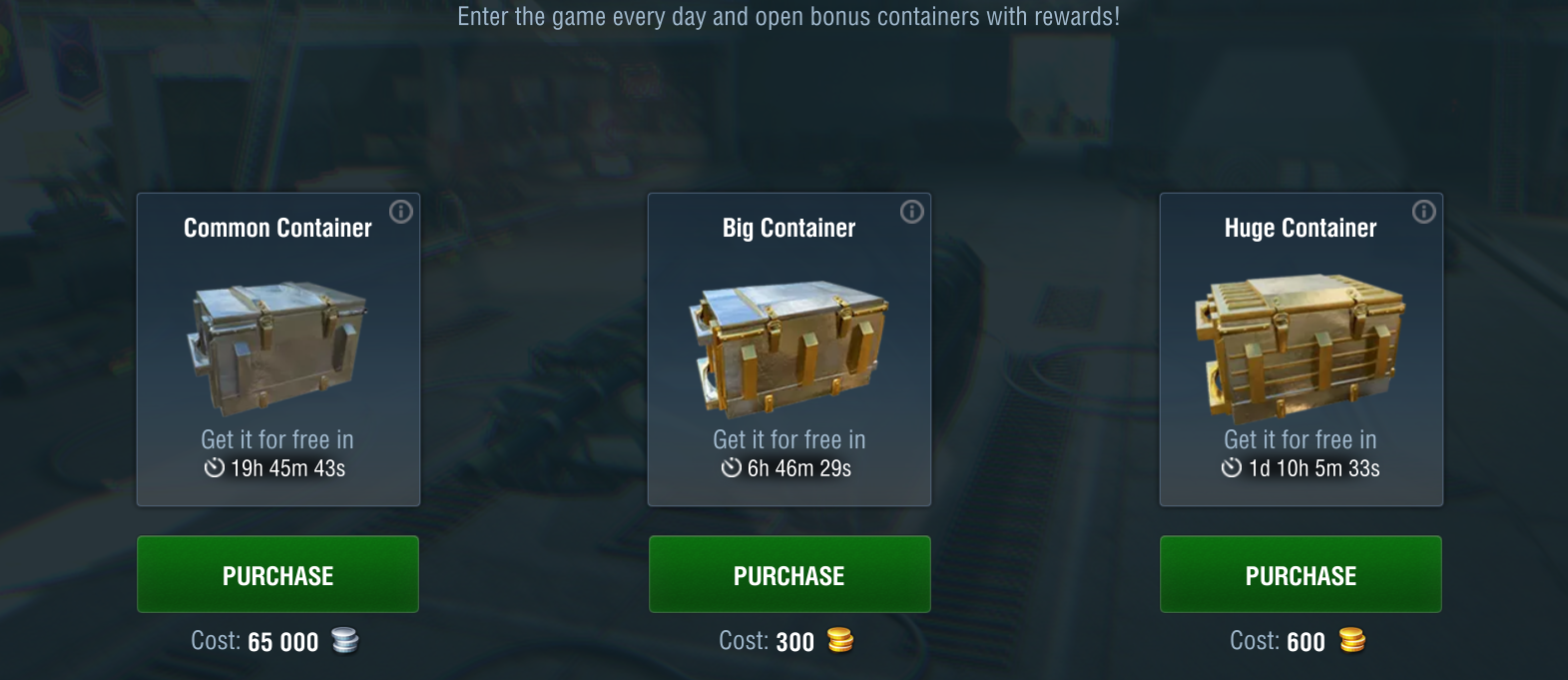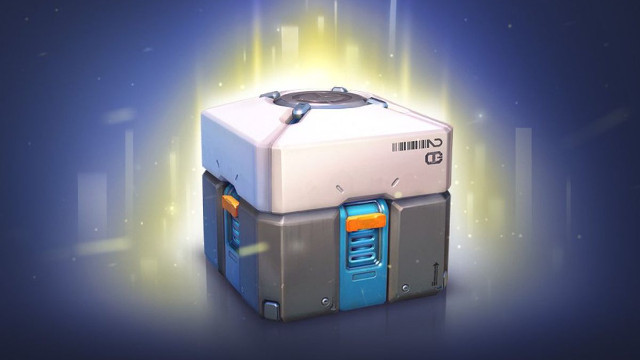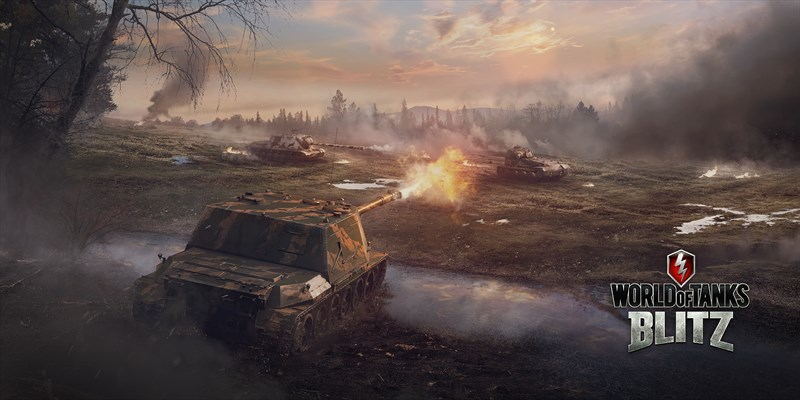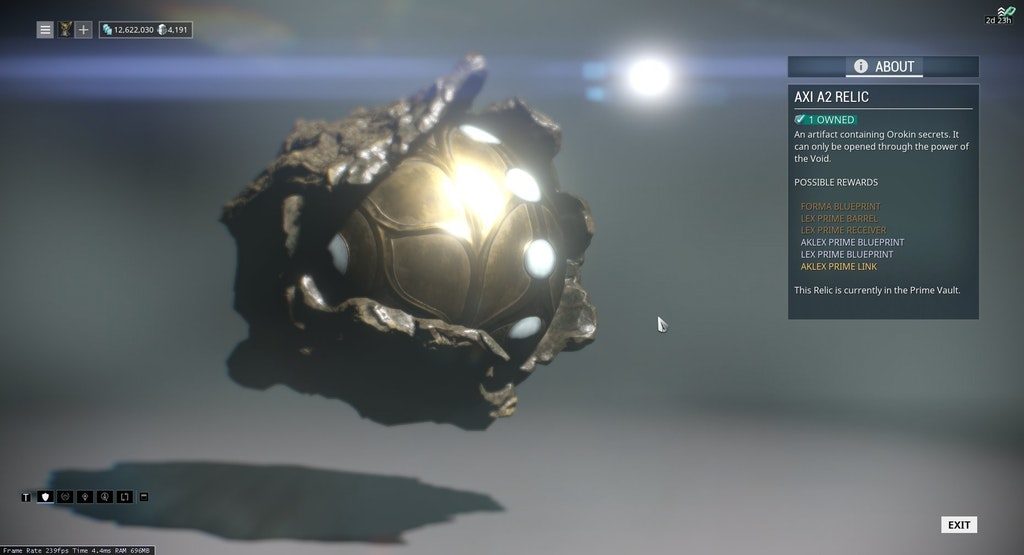Ever since the disaster surrounding EA’s Star Wars: Battlefront 2, loot boxes have been a much talked about topic in the general media. Discussions about their legality, and morality, have begun to occur outside of the gaming community, and government officials have even started to regulate the use of loot boxes.
For the uninitiated, loot boxes are virtual containers that provide randomized rewards. They are often sold, for real world money, as a means to further monetize video games, and they have come under fire as a form of gambling that preys on those with addiction and minors. That is, their random nature can entice players to purchase many in order to increase their chances at getting a desired item.
Despite the negative response to loot boxes, publishers, like EA and Activison, have been pushing them into video games for years now. That said, I do not think loot boxes are inherently evil. Instead, it’s the way they’re commonly used in paid video games that is the problem.
On the flip side, there are a number of free-to-play games that handle loot boxes correctly — I am going to outline three of them here. To note, this is not meant to encourage players to accumulate massive microtransactions in these games. Instead, these are games that employ loot box strategies worth considering before investing your time and money into other games.
World of Tanks Blitz
You might have heard of Wargaming’s World of Tanks — it’s a popular free-to-play game. However, you might not know World of Tanks Blitz, the mobile version of the game that is available on Android, iOS, the Windows 10 store, and Steam.
While we’re not here to discuss the game’s quality, a quick summary of Blitz, as compared to its PC counterpart, is that it’s more beginner friendly and focused less on pay-to-win. It is also obviously smaller and features shorter matches.
With World of Tanks Blitz being a free-to-play game, Wargaming did have to find a way to monetize it with in-app purchases. Specifically, you can buy gold, which can be used to buy premium tanks and a premium account, or you can convert it into credits and free experience. While some of the premium tanks can be better than their tech tree counterpart, the difference isn’t too great as of now, and these vehicles are not guarantees of victory.

Wargaming also decided to join in on the loot box bandwagon, but I can truly say that real money transactions are completely optional in World of Tank Blitz. This is because the developers made the smart decision to keep them separate from progression, as loot boxes offer no in-game advantages here. Additionally, you receive free containers on a timer, which can provide you with experience and credit boosters along with gold or premium tanks.
Just to let that sink in, Wargaming not only introduced loot boxes to generate extra revenue but also took the opportunity to provide fans with free timed containers that give them access to items they would have paid for in the past. This helps cut down the grind, through boosters, and it actively improves the experience.
This is the first time that I can say that loot boxes actually helped a game, rather than destroyed it. The fact that they are 100% optional is a big part of that.
Goddess Kiss
Before going into the loot boxes in Goddess Kiss, it is important to establish the gacha genre. In Japan, there are vending machines, called gacha, that dispense random toy capsules for a certain amount of money. For some, the goal is to collect a full set of toys.
As these machines are very popular, Japanese developers have made video games, known as gacha games, which are about collecting as many characters as you can, with the hope of obtaining the full roster. These games are often just money pits, but I beg to differ when it comes to Goddess Kiss.
This free-to-play mobile game, developed by Flero Games, features a premium currency called diamonds. While you can pay real money for diamonds, you also earn them, at a good pace, every day. Ultimately, you can use them to purchase premium treasure, the game’s take on loot boxes.

Yes, like a typical gacha game, you are being encouraged to spend money, but you aren’t strong armed into doing so. Goddess Kiss also offers an alternative, which allows you to buy some characters, through events or shops, directly without the randomness of loot boxes.
Additionally, if you do decide you do want to spend money on diamonds, there are deals available. For example, you can buy a subscription that gives you €100 worth of diamonds, over 30 days, for only €5.
Also, PvP isn’t a big part of the game. This means that it is less important to compete with whales that have purchased a lot of loot boxes, and you only need patience to participate in PvE, which is balanced for free players.
Loot boxes are successful in Goddess Kiss because you are freely supplied with everything you need to get through the game. They can offer extra pilots, medals, and costumes that aren’t available otherwise, but it is all very honest and generous for a gacha game.
Warframe
Moving away from mobile games, we have a AAA quality, free-to-play game from Digital Extremes: Warframe. This is an MMO-lite looter shooter that is super addictive. It has become quite popular due to the large amount of content that it offers and its fair microtransactions.
What you might not have considered is that the relics in Warframe function a lot like loot boxes in that they provide a random reward. However, you obtain them purely through farming, and the items they contain aren’t exactly required to win — you can certainly go through the game’s content without collecting them.
They can provide better versions of weapons and warframes, but, while the prime weapons are generally better, prime warframes are only slightly better than what is available without relics.
Nothing in Warframe is behind a paywall, and relics are in no way predatory. The only real way to get them is through hard work, which is something that many players will appreciate. Additionally, the microtransactions are mainly for cosmetics, which is understandable in a free-to-play game.
Thankfully, Warframe is getting the praise it deserves, but, unfortunately, some developers and publishers haven’t been taking notes on its approach to loot boxes and microtransactions. Hopefully, more players focusing on free-to-play titles like this one will eventually force the hands of the larger companies.
—
These are three completely different games that all have unique approaches to using loot boxes well. As I said before, I don’t think loot boxes are inherently bad, but when they’re used in paid video games for uncapped profit, they often become problematic. If we want to solve that issue plaguing games, we just have to stop buying predatory loot boxes — it’s that simple.











Published: Feb 18, 2019 06:31 am